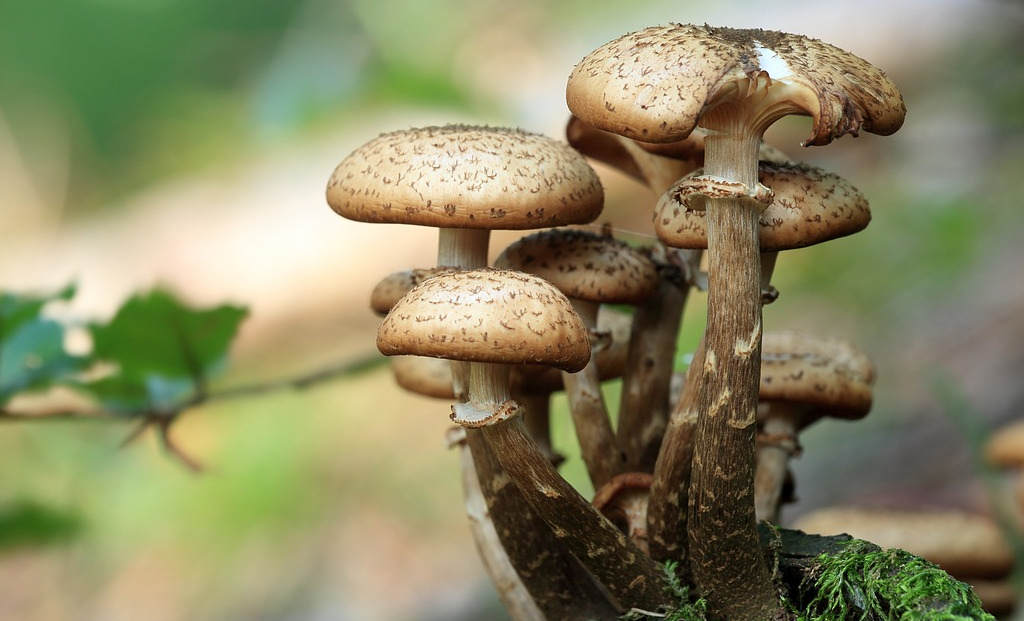Researchers have unveiled a potential therapeutic application of psilocybin, the active compound found in psychedelic mushrooms, in the treatment of mental disorders.
Traditionally, psilocybin has been recognized as a classic psychedelic substance and has recently garnered attention for its potential to aid in the therapy for various psychiatric conditions, notably depression and addiction, employing a high dosage of psilocybin.
However, a fresh study, published in the journal Molecular Psychiatry, has turned its focus to the concept of “microdosing,” which involves administering repeated low doses of psilocybin, significantly lower than the doses typically used in therapeutic contexts.
Microdosing has gained popularity within performance culture
Mikael Palner, from the University of Southern Denmark in the Netherlands, explains, “Microdosing has gained popularity within performance culture, especially in areas like Silicon Valley, California, and has subsequently spread through stories and anecdotes on the internet as a form of self-medication for various challenges.”
In this study conducted on rats, it was demonstrated that these animals tolerated the repeated low doses of psilocybin well, showing no signs of reduced pleasure (anhedonia), anxiety, or changes in locomotor activity. Most significantly, the rats exposed to repeated low doses of psilocybin displayed enhanced resilience to stress and fewer compulsive behaviors.
Moreover, an increase in the number of connections to the thalamus region of the brain, which acts as a filter for our decisions and concerns, was observed.
Palner commented, “The alteration in connectivity to the thalamus may contribute to our heightened stress resilience and could elucidate why many individuals report positive effects on their well-being from small doses of psychedelic mushrooms.”
This study has provided a reliable methodology that can be used for further exploration into the effects of repeated low doses of psilocybin. It also lends credence to the numerous anecdotal accounts extolling the virtues of microdosing as a therapeutic approach.
This discovery opens the door to additional research and potentially novel approaches to addressing various mental disorders.
Benefits Of Maintaining Heart Health And Tips To Keep Heart Issues At Bay | ALSO READ
Palner emphasized, “The increasing anxiety and stress prevalent in society have cast a spotlight on microdosing, leading to a surge in the mushroom trade. Countries such as the Netherlands, Australia, the US, and Canada have either legalized or are in the process of legalizing psilocybin for therapeutic purposes. It is, therefore, imperative that we comprehend the effects and potential side effects of these substances, which are already in widespread use worldwide.”

